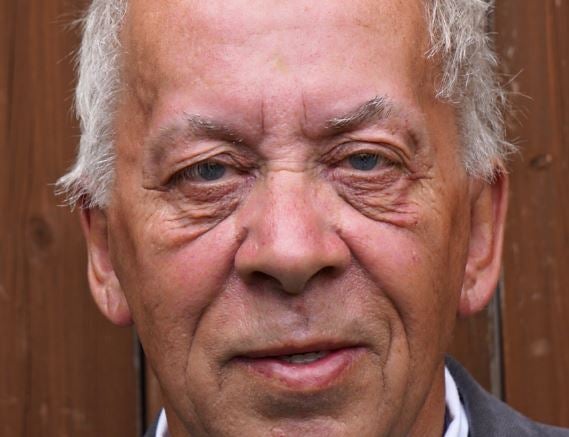
In the first of a new fortnightly column for Press Gazette, David Randall picks out some of his favourite quotes about journalism
Every so often someone asks me how long it takes to write a book. I hope they do it out of idle curiosity, and not because, with a spare couple of weekends coming up, they imagine there might be time to knock one out.
My answer is the research normally takes around 10 months, and writing it about 25 days (at 3,000-3,500 words a day). So, in all, the day job permitting, a book is a year’s work. Not so my next one. The research alone has taken more than 30 years.
This apparently sloth-like pace is because for 29 and a half years I didn’t realise it was research.
For decades, I’d been collecting quotations about journalism for my own amusement, jotting down in now-battered notebooks words which caught my eye, or set my teeth on edge.
Bits of wit and wisdom such as:
- Novelist Norman Mailer: “If a person is not talented enough to be a novelist, not smart enough to be a lawyer, and his hands are too shaky to perform operations, he becomes a journalist.”
- Journalist Claud Cockburn: “Never believe anything until it is officially denied.”
- Author Thomas Mann: “A writer is someone for whom writing is more difficult than it is for other people.”
- And the one we all wish we’d thought of, from American journalist H.L. Mencken: “I can write better than anyone who can write faster, and I can write faster than anyone who can write better.”
I always thought it might make a book. It wouldn’t be very profitable, but then I’ve always believed you should never write a book just to make money, but because you’ve got something to say.
Or, in the case of this book, lots of things for other people to say. And so I began scouring all the journalism books on my shelves (400 at the last count), and searching everywhere.
Hundreds more were added, such as US television executive Don Hewitt’s take on bias: “What viewers and readers are most unhappy about is not that journalists slant the news, but that we don’t slant it their way.”
And Brazilian Sergio Vaz’s unique recipe for good journalism: “Newspapers would be better if they had no publishers, no advertisers and no readers. Then journalists could make a hell of a paper.”
So far, I’ve got more than 2,000 quotations, on all aspects of the trade:
- Rock journalism (Frank Zappa: “People who can’t write interviewing people who can’t talk for people who can’t read.”)
- Film reviewing (US gossip columnist Walt Winchell: “A critic is a newspaperman whose sweetheart ran away with an actor.”)
- Interviewing (novelist Truman Capote: “When someone says, ‘That’s a good question’, he never has a good answer.”)
- Objectivity (Time magazine founder Henry Luce: “Show me a man who claims he is objective and I’ll show you a man with illusions.”)
- And the internet (artificial intelligence expert Professor Robert Wilensky: “We’ve all heard that a million monkeys banging on a million typewriters will eventually reproduce the entire works of Shakespeare. Now, thanks to the Internet, we know this is not true.”)
One of my favourites is something said at a combative press conference given by Julian Bond, a US politician accused of cocaine use and forced to face the press.
In a marvellous comment on the sanctimoniousness of the media at such times, he told reporters: “I want the drug abusers and adulterers to remain in your seats. The homosexuals and lesbians are fine where you are, and the Aids carriers can stay scattered in the crowd. Let’s have the alcoholics, liars, and cheats sit in every other seat. Those of you without sin, stain or stigma, please raise your hands.”
It would have been far less work to leave it there and let these quotations speak for themselves. But I realised that, to make sense in a book, they cried out for a little context.
For instance, Charles Dickens’s opinion – “Newspapers are so filthy and bestial that no honest man would admit one into his home for a water-closet doormat.” – is more interesting once one knows he was not only editor of a newspaper, but that he lasted in the job a mere three weeks.
And the remark of Frederick Birchall of the New York Times – “Foreign correspondents should be eunuchs.” – is more enjoyable once you know he gave up his desk job to become one so he could pursue an attractive German countess.
Email pged@pressgazette.co.uk to point out mistakes, provide story tips or send in a letter for publication on our "Letters Page" blog
